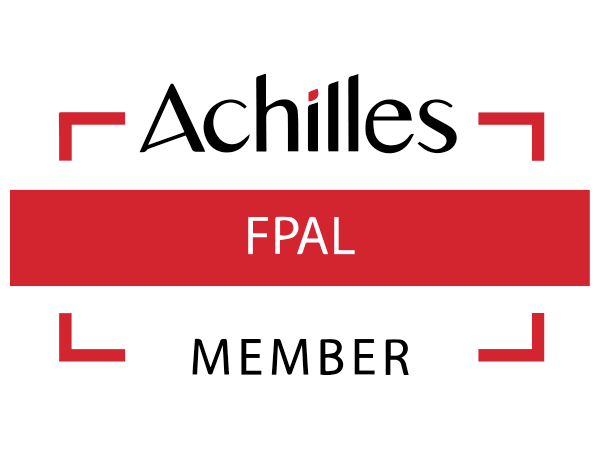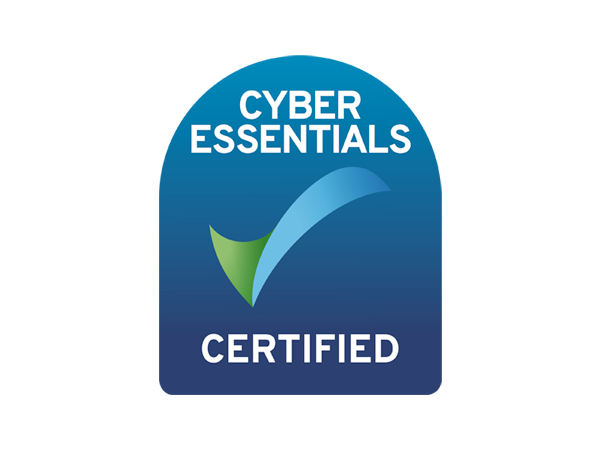Module 1: Oil & Gas Taxation of (E&P) JV & PSC Operation
Course Description:
This is a very comprehensive and intensive program which we have recently updated in terms of its content and delivery, with a view to enhancing the participants’ know-how of the technical details involved in accounting practices for oil and gas exploration and production. Given the need for adequate cost reporting, the course is designed to enable accountants with no prior knowledge of petroleum accounting to understand the technical aspects of exploration and production and how the costs are ascertained.
Course Content:
- Petroleum Industry Characteristics & Overview of Exploration & Production
- Oil & Gas (E& P) and Cost Classification, Ascertainment, & Treatment of Costs
- Accounting Principles (including Accounting Methods) & Financial Policies in Relation to O&G Upstream Operations
- Joint Venture Operating Agreements & Operations (including Cash Calls, JV Billings, Multi-Currency Accounting, JV Accounts Reporting to Host Country)
- Cost Allocation for both JV & PSC (including OPEX, CAPEX, Financing Charges, and Head Office/Parent Co. Overheads) Asset Usage/Tariff Charges)
- E&P Operations Funding Arrangements & Accounting Implications e.g. for Carried Interest Financing, Farm Outs etc.
- Oil & Gas Revenue Accounting (including pricing mechanisms for various Spot, Forward, Term & Take or Pay Contract Types, matching of delivery dates & applicable prices; Royalty Calculations, Accounting for Over and Underlifts, etc.)
- Joint Venture (JV) Agreements & the Memorandum of Understanding (MOU)
- Allowable & Non-Allowable Costs
- Authorization for Expenditure (AFEs)
- JV Accounting Reports
- PSC Agreements (Understanding the Contract Type, Including cost oil, royalty in cash or kind, cost recovery & cost recovery ceilings, etc).
- Accounting Implications of Carried Interests, PSC Accounting Procedure and Re-
Module 2: Budgeting, Cost Control and Financial Management for E&P Operations
Course Description:
At this program, participants may expect to be engaged in such detailed workings of the upstream sector of the petroleum industry such that their knowledge of the practices and the various financial management control techniques taught will enhance their on-the-job professional competence. Given the need for adequate cost containment, we have included a section on budgeting & cost control. It is envisaged that the five-day program which will be loaded with practical examples using international oil companies’ final accounts will expose participants to the intricate processes as we examine numerous case studies.
Course Content:
- Financial Planning & Budgets
- Budgets Preparation: An Overview
- JV Budgets vs. Corporate Budgets
- Operated vs. Non-Operated Budgets
- Budgets Analysis
- Financial Controls Systems (including the control environment: internal / external controls)
- Budgetary Control (including variance analysis, project cost control, production cost reporting & control)
- AFE Administration & Budget Control
- Performance Bench Marking & Performance measurement
- Oil & Gas Financing Options
- Oil & Gas Tax Regimes (Profit Tax & Production Tax)
- Financial Performance Analysis for Multinational Oil Co
- Understanding the Financial Statement of International Oil Companies
Who Should Attend?
- Planning Managers
- Staff of Planning Depts.
- Finance and Accounts Managers and Staff
- Accountants & Financial Analysts
- Auditors
- Corporate Planners


